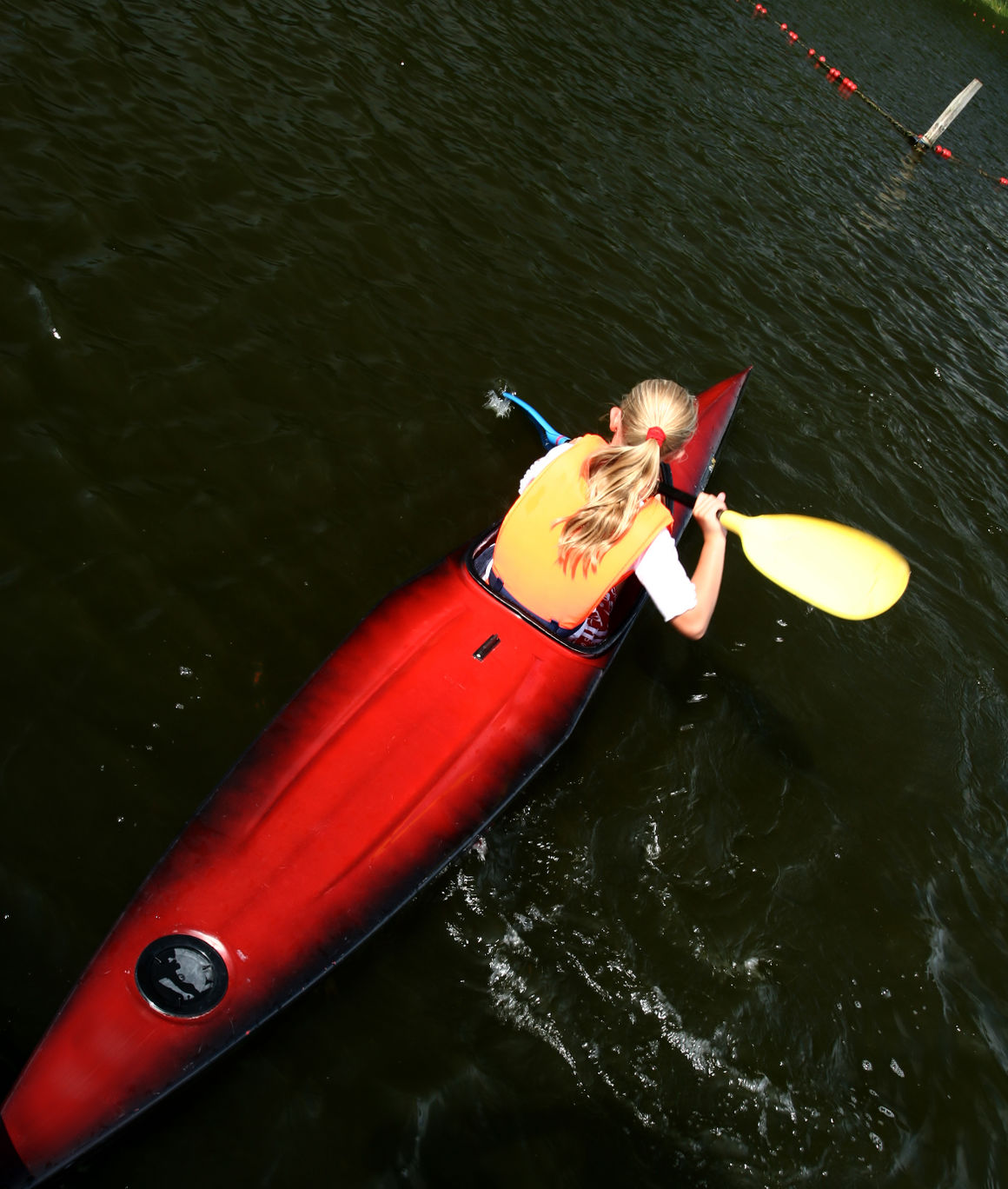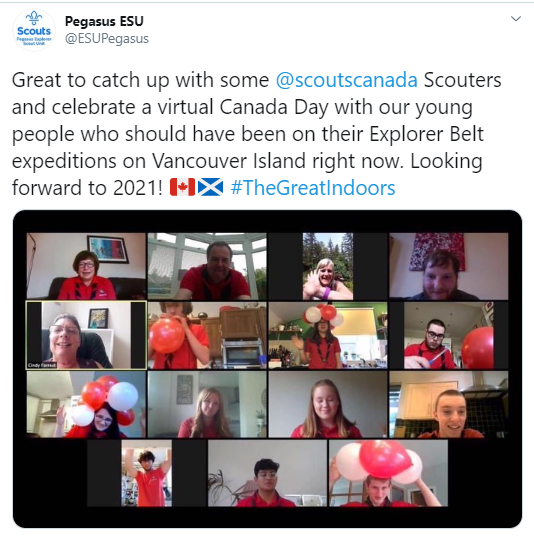Love Your Water: Scuba Diving
By Venturer Scout & Youth Spokesperson, Elkan Fok

With the wide range of activities that the Canadian Path allows youth to explore, scuba diving is another way that Scouts can interact with the world around us. Conserving the environment is a major part of Scouting and that is why when we learn how to dive, we should do so safely and responsibly. My Group and I joined the Discover Scuba Diving program which has given us the unforgettable experience of loving the water in a different way.
Before we got wet, we had to take a pre-dive workshop. This workshop taught us the safety guidelines, different hand signs for underwater communication, and how to respect the environment. Same as our usual practice of Leave No Trace, when we are exploring the beautiful bodies of water, we should keep our hands to ourselves and not disturb the creatures living there. The informative workshop prepared us for a great start to our first diving session.
 The practical part of acquiring the key skills of scuba diving was done in an indoor swimming pool, a well-controlled environment, with professional supervision. First, we learned how to wear the compressed air tank, mask, and flipper properly. It is not as difficult as it looks like since a heavy tank is buoyant much easier to handle in the water than it is on land. On the diving suit, there will be a packet around your body that holds oxygen. You will learn how to use it to be able to balance at whatever depth you choose underwater. It is a good habit to remember to adjust the valves slowly and carefully, otherwise, oxygen will be wasted.
The practical part of acquiring the key skills of scuba diving was done in an indoor swimming pool, a well-controlled environment, with professional supervision. First, we learned how to wear the compressed air tank, mask, and flipper properly. It is not as difficult as it looks like since a heavy tank is buoyant much easier to handle in the water than it is on land. On the diving suit, there will be a packet around your body that holds oxygen. You will learn how to use it to be able to balance at whatever depth you choose underwater. It is a good habit to remember to adjust the valves slowly and carefully, otherwise, oxygen will be wasted.
Secondly, we learned how to breathe with the diving gear. It felt very natural and once I got over the fear of sucking water down my lungs, it felt almost as easy as breathing on the surface. One important thing to note about breathing as you dive is that there is more pressure when you are going down, so when you are going back to the surface, the gases in your lungs expand, risking your lungs expanding and potentially causing major damage to your body. It is crucial to constantly exhale when you are rising. Another good tip in learning scuba diving is to always have your eyes on your instructor and your group. The hand signals we learned in the workshop come make it easy to communicate with others, and paying full attention to hand signals is the most effective way to stay safe and connected.
 Lessons would not be complete without the emergency drill. The drill includes critical lessons such as learning how to breathe from someone else’s suit should something happen to your own air supply. It may seem daunting at first, but rest assured, as your instructor has got your back. Those drills were inspiring and painted a clear picture of the possible hazards so that we were always prepared.
Lessons would not be complete without the emergency drill. The drill includes critical lessons such as learning how to breathe from someone else’s suit should something happen to your own air supply. It may seem daunting at first, but rest assured, as your instructor has got your back. Those drills were inspiring and painted a clear picture of the possible hazards so that we were always prepared.
Having the freedom to breathe underwater is such an eye-opening experience, I could hardly imagine how fascinating it would be to go under the sea swimming with the fishes “hiking” up and down the coral hills. Taking a few lessons goes a long way to making sure that you can go on safe and exciting adventures. It would not only be fun to take the lessons with your group but to benefit from the group discount rate while complying with Scouts Canada’s safety policies. Enjoy the fun of scuba diving, embracing the water today!!

 Join or lead a shoreline cleanup wherever water meets land in your community with the support of
Join or lead a shoreline cleanup wherever water meets land in your community with the support of 



 The practical part of acquiring the key skills of scuba diving was done in an indoor swimming pool, a well-controlled environment, with professional supervision. First, we learned how to wear the compressed air tank, mask, and flipper properly. It is not as difficult as it looks like since a heavy tank is buoyant much easier to handle in the water than it is on land. On the diving suit, there will be a packet around your body that holds oxygen. You will learn how to use it to be able to balance at whatever depth you choose underwater. It is a good habit to remember to adjust the valves slowly and carefully, otherwise, oxygen will be wasted.
The practical part of acquiring the key skills of scuba diving was done in an indoor swimming pool, a well-controlled environment, with professional supervision. First, we learned how to wear the compressed air tank, mask, and flipper properly. It is not as difficult as it looks like since a heavy tank is buoyant much easier to handle in the water than it is on land. On the diving suit, there will be a packet around your body that holds oxygen. You will learn how to use it to be able to balance at whatever depth you choose underwater. It is a good habit to remember to adjust the valves slowly and carefully, otherwise, oxygen will be wasted.  Lessons would not be complete without the emergency drill. The drill includes critical lessons such as learning how to breathe from someone else’s suit should something happen to your own air supply. It may seem daunting at first, but rest assured, as your instructor has got your back. Those drills were inspiring and painted a clear picture of the possible hazards so that we were always prepared.
Lessons would not be complete without the emergency drill. The drill includes critical lessons such as learning how to breathe from someone else’s suit should something happen to your own air supply. It may seem daunting at first, but rest assured, as your instructor has got your back. Those drills were inspiring and painted a clear picture of the possible hazards so that we were always prepared. 



